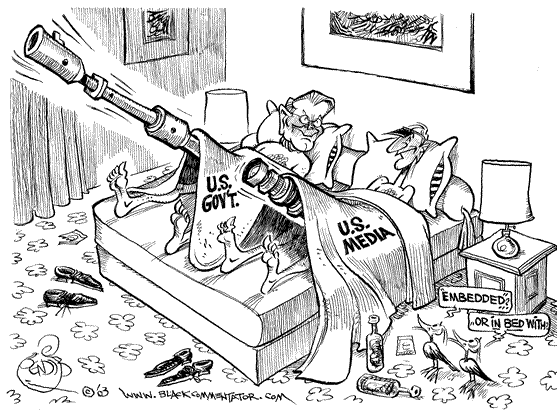

Director Errol Morris uses a good portion of the first half of the movie describing Robert McNamara’s, the interviewee, life. This interesting choice establishes the ethos of McNamara for all of the audience members who might not have believed him otherwise--the piecing together of the documentary in this fashion was critically important. This documentary attempts to answer many questions that were never answered during the war because the US media appeared to be in cahoots with the government, or maybe the government did such a good job at lying that the media never knew the truth, or the truth as we know it today because the truth is whatever the audience buys into.
The old tape recordings and videos added a realm of truth to the movie. These provided an unique insight into the workings of the oval office and what the people in power were actually thinking--how they knew what was going on; how they knew what the men were doing out on the battlefield; how they knew the truth. The tapes bolstered McNamara's claims by adding evidence to his claims.
"He, and I'd say I, were behaving as war criminals. LeMay recognized that what he was doing would be thought immoral if his side had lost. But what makes it immoral if you lose and not immoral if you win?"-Robert McNamara

No comments:
Post a Comment